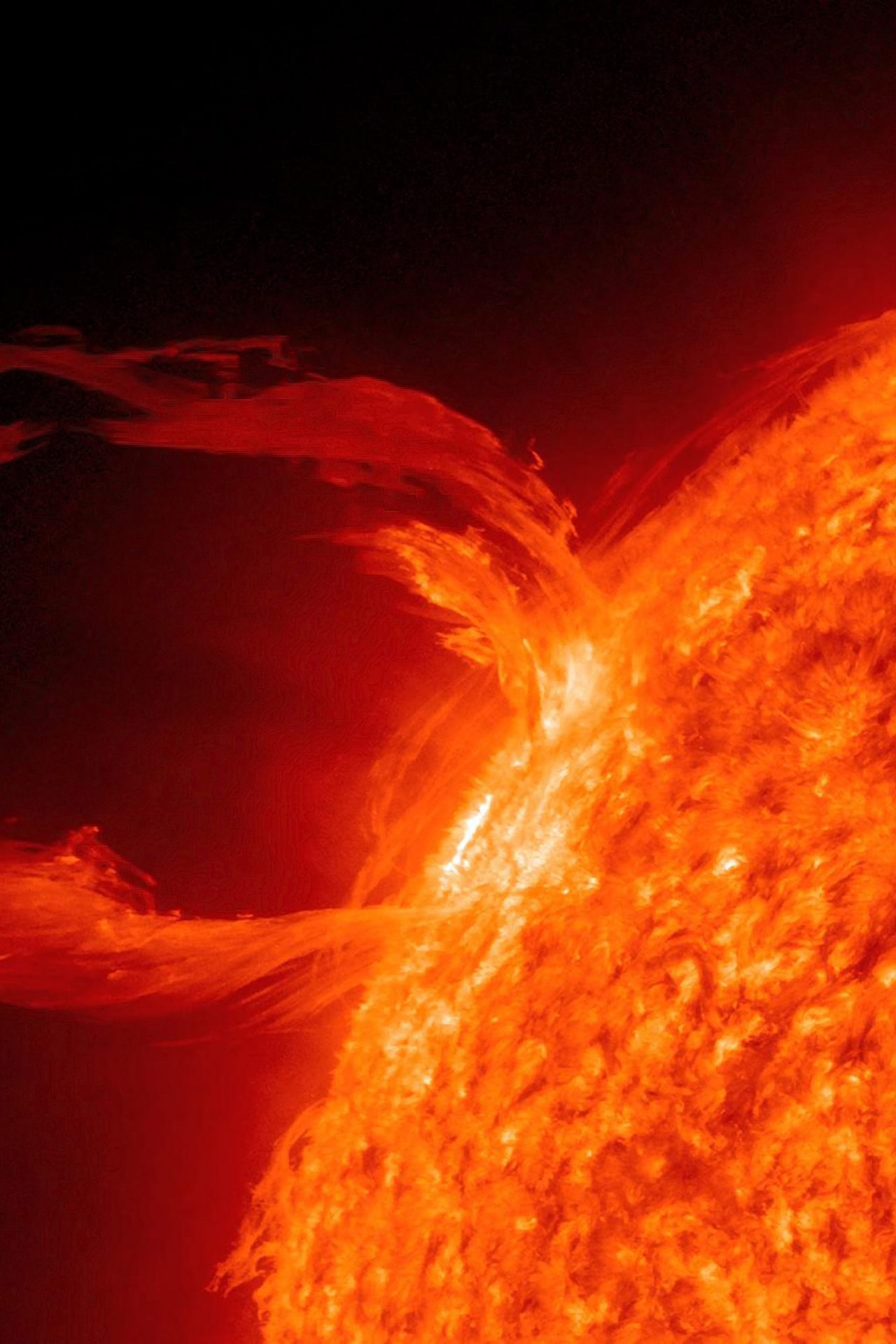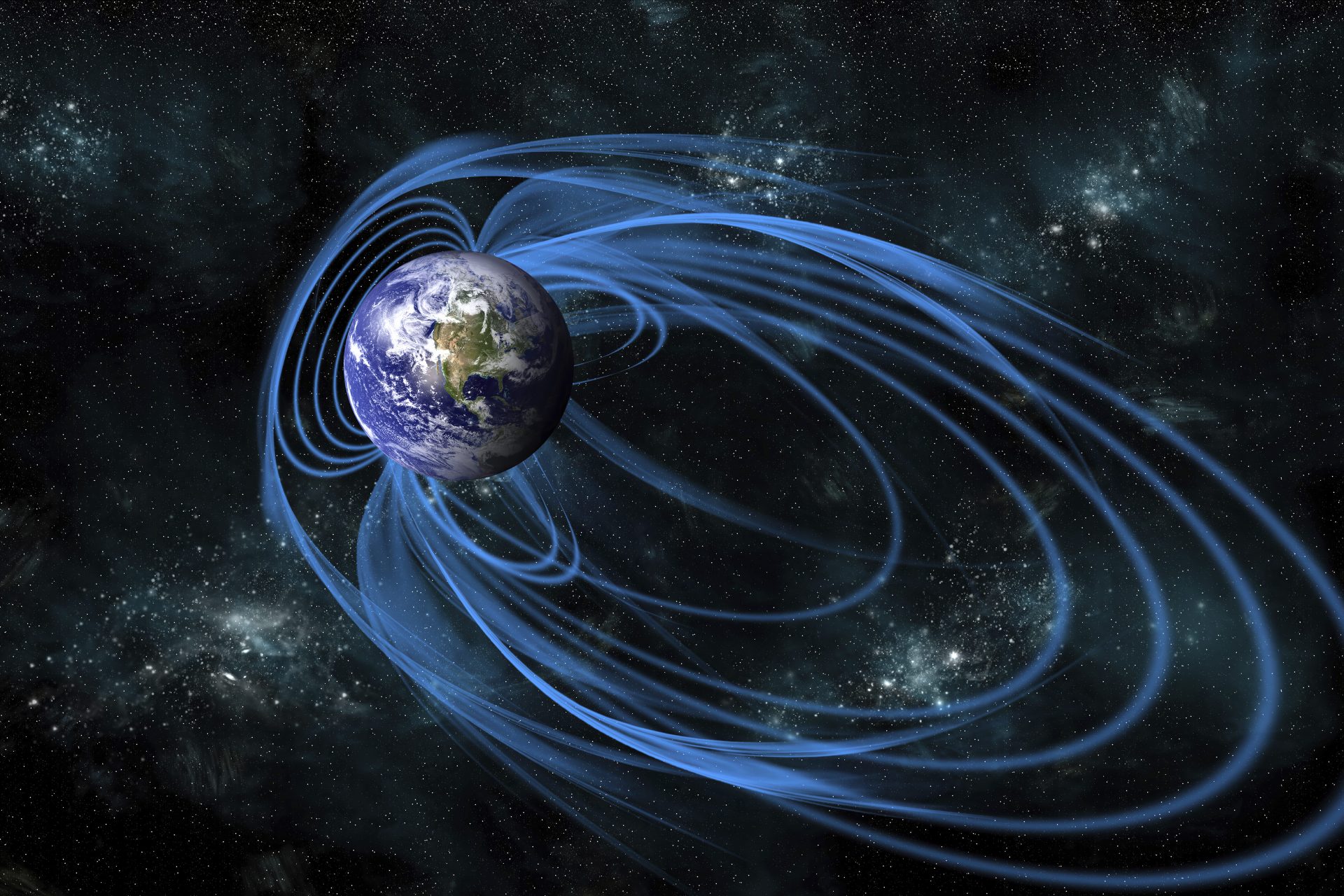A solar flare could leave the world without internet in 2024
According to a research group led by Peter Becker, professor and researcher at George Mason University in Virginia, USA, the internet could suffer a collapse soon.
An early warning system developed by the scientists in question was able to detect solar activity that could damage essential technologies.
According to the researcher, the internet was created in a period when the sun was relatively calm, and now, the star will enter a more active stage, as reported by Fox Weather.
According to the NOAA (National Oceanic and Atmospheric Administration) Space Weather Prediction Center, the peak of solar activity for Solar Cycle 25 could occur in 2024.
When the sun is active, it tends to have more frequent solar storms, which include large eruptions, in which a huge amount of particles are launched into space.
"Flares are when the sun brightens, and we see the radiation, and that's kind of the muzzle flash. And then the cannon shot is the coronal mass ejection (CME)," explained Peter Becker, to Fox Weather. "Large blobs of plasma, or superheated matter, fly through space," he added.
Photo: NASA - Unsplash
The phenomenon is quite common, but the problem is that the eruption scheduled for 2024 has a monstrous magnitude, in addition to pointing in the direction of Earth.
Photo: NASA - Unsplash
These eruptions contain charged particles of radiation, a percentage of which reach the Earth's atmosphere, which distorts our planet's magnetic field.
Peter Becker explained that the consequence of a phenomenon of this magnitude could cause an "internet apocalypse", CNN reported.
This means that, according to the expert, the electrical grid, satellites, underground fiber optic cables, navigation and GPS systems, radio transmitters and communications equipment will all be vulnerable.
Photo: Unsplash - Hannah Wei
Peter Becker told Fox Weather that the last time a CME hit Earth was in 1859, an episode that became known as the 'Carrington Event'.
At the time, there was no internet, but communication was done using telegraphs and the result was catastrophic: ""It actually took out the telegraph system, sparks were literally flying off the telegraph lines," Becker said. "Some operators got electrocuted because the wires ended up carrying high voltage."
If this happens today, the internet and its delicate electronic components could be affected for weeks or months until they are repaired, the researcher warned.
As current economic systems depend on the internet, the economy would also be severely affected.
Becker estimates that, if it occurs, the phenomenon would cause an economic disruption of the order of 10 to 20 billion dollars (on an American scale) per day, for the US economy alone.
Luckily, with the new warning system, the group of scientists can predict the solar eruption 18 to 24 hours before it hits Earth. Time to hastily mitigate the terrible consequences.
More for you
Top Stories





























